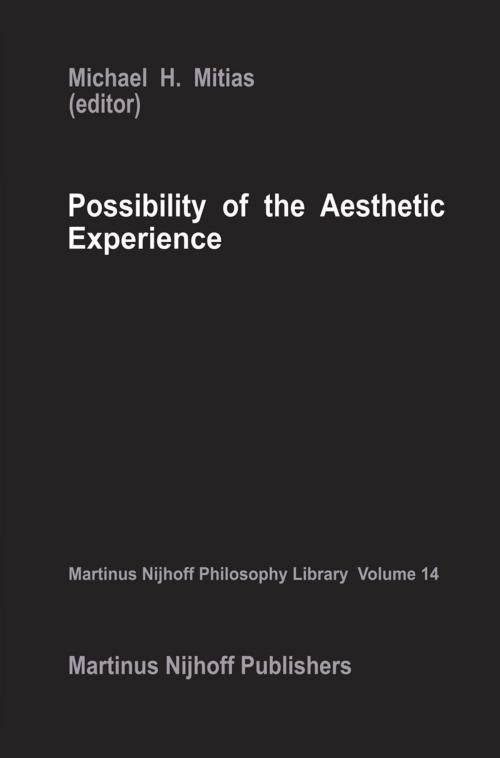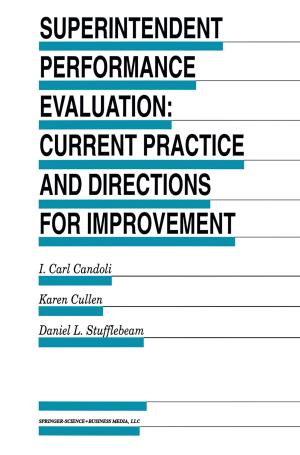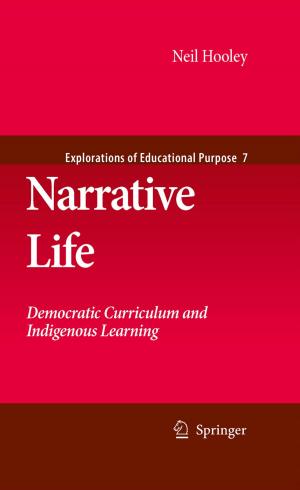| Author: | ISBN: | 9789400943728 | |
| Publisher: | Springer Netherlands | Publication: | December 6, 2012 |
| Imprint: | Springer | Language: | English |
| Author: | |
| ISBN: | 9789400943728 |
| Publisher: | Springer Netherlands |
| Publication: | December 6, 2012 |
| Imprint: | Springer |
| Language: | English |
The majority of aestheticians have focused their attention during the past three decades on the identity, or essential nature, of art: can 'art' be defined? What makes an object a work of art? Under what conditions can we characterize in a classificatory sense an object as an art work? The debate, and at times controversy, over these questions proved to be constructive, intellectually stimulating, and in many cases suggestive of new ideas. I hope this debate continues in its momentum and creative outcome. The time is, however, ripe to direct our attention to another important, yet neglected, concept - viz. , 'aesthetic experience' - which occupies a prominent place in the philosohpy of art. We do not only create art; we also enjoy, i. e. , experience, and evaluate it. How can we theorize about the nature of art in general and the art work in particular, and about what makes an object a good work of art, if we do not experience it? For example, how can we identify an object as an art work and distinguish it from other types of objects unless we first perceive it, that is in a critical, educated manner? Again, how can we judge a work as good, elegant, melodramatic, or beautiful unless we first perceive it and recognize its artistic aspect? It seems to me that experiencing art works is a necessary condition for any reasonable theory on the nature of art and artistic criticism.
The majority of aestheticians have focused their attention during the past three decades on the identity, or essential nature, of art: can 'art' be defined? What makes an object a work of art? Under what conditions can we characterize in a classificatory sense an object as an art work? The debate, and at times controversy, over these questions proved to be constructive, intellectually stimulating, and in many cases suggestive of new ideas. I hope this debate continues in its momentum and creative outcome. The time is, however, ripe to direct our attention to another important, yet neglected, concept - viz. , 'aesthetic experience' - which occupies a prominent place in the philosohpy of art. We do not only create art; we also enjoy, i. e. , experience, and evaluate it. How can we theorize about the nature of art in general and the art work in particular, and about what makes an object a good work of art, if we do not experience it? For example, how can we identify an object as an art work and distinguish it from other types of objects unless we first perceive it, that is in a critical, educated manner? Again, how can we judge a work as good, elegant, melodramatic, or beautiful unless we first perceive it and recognize its artistic aspect? It seems to me that experiencing art works is a necessary condition for any reasonable theory on the nature of art and artistic criticism.















